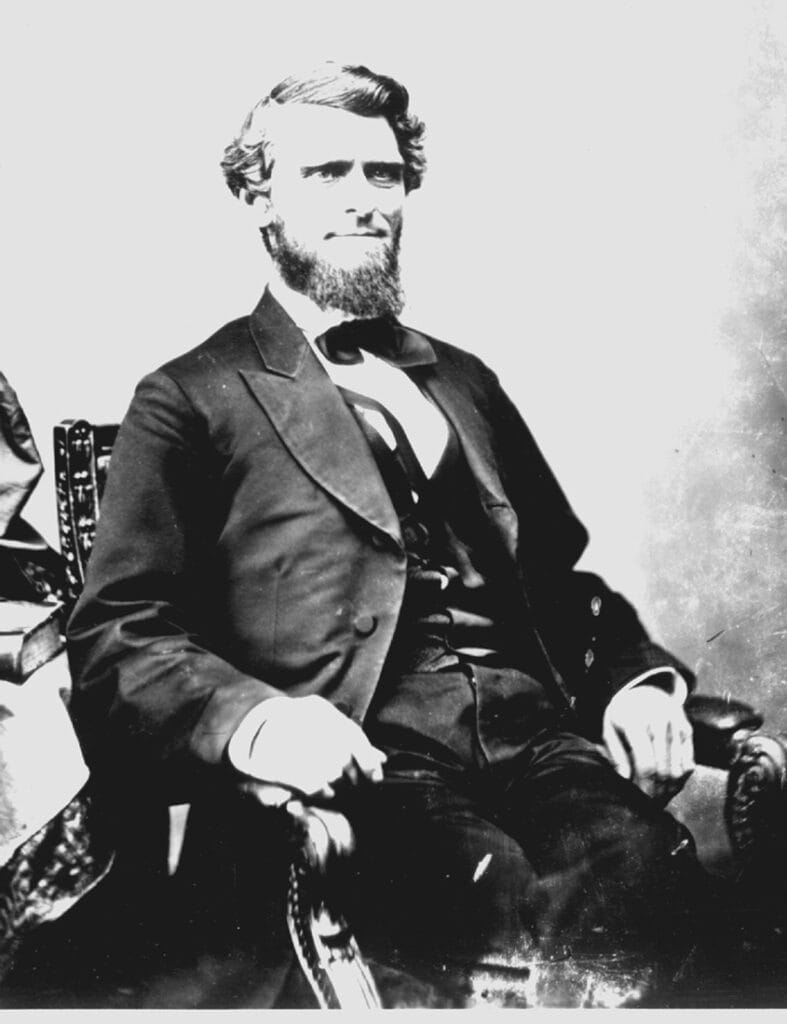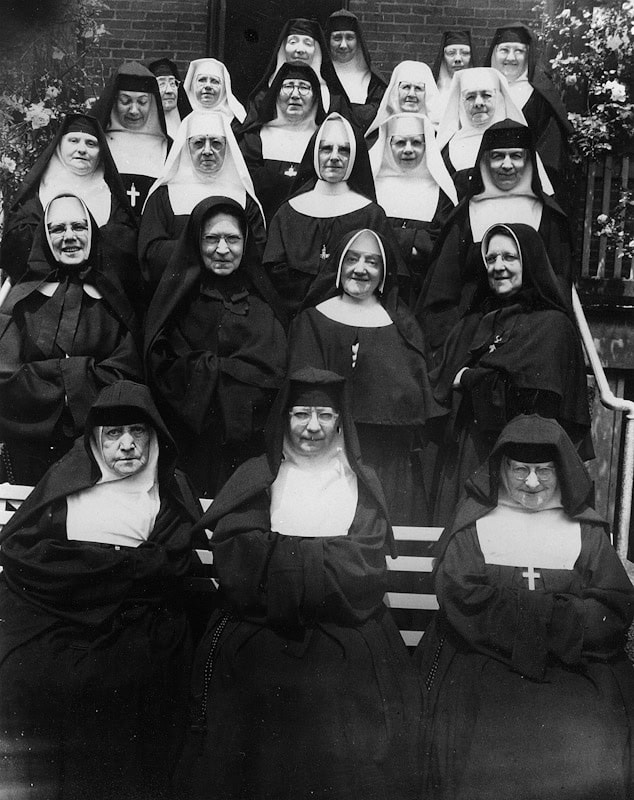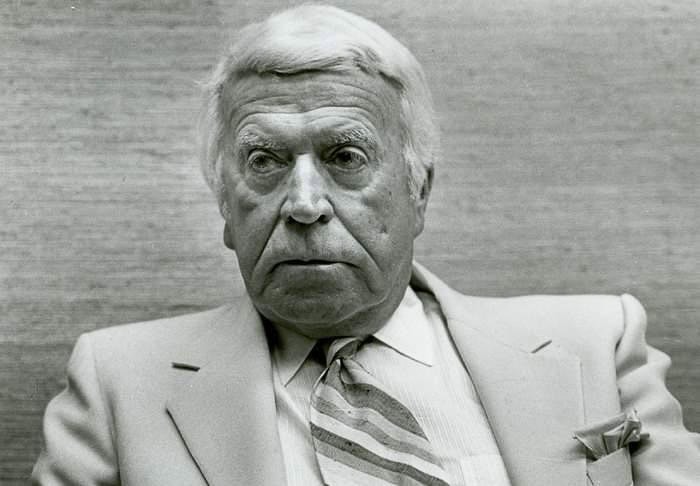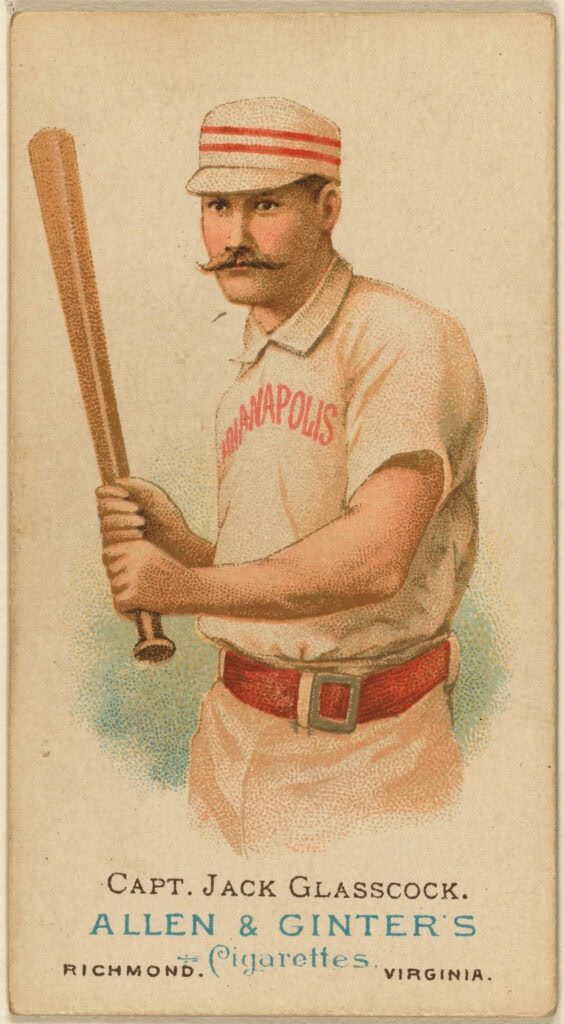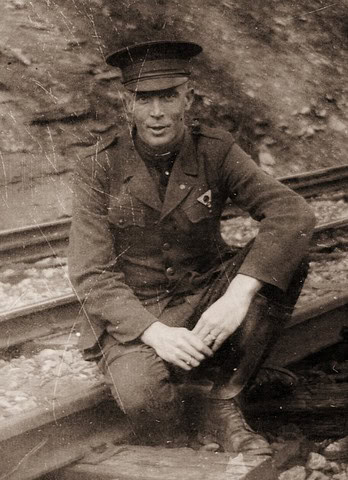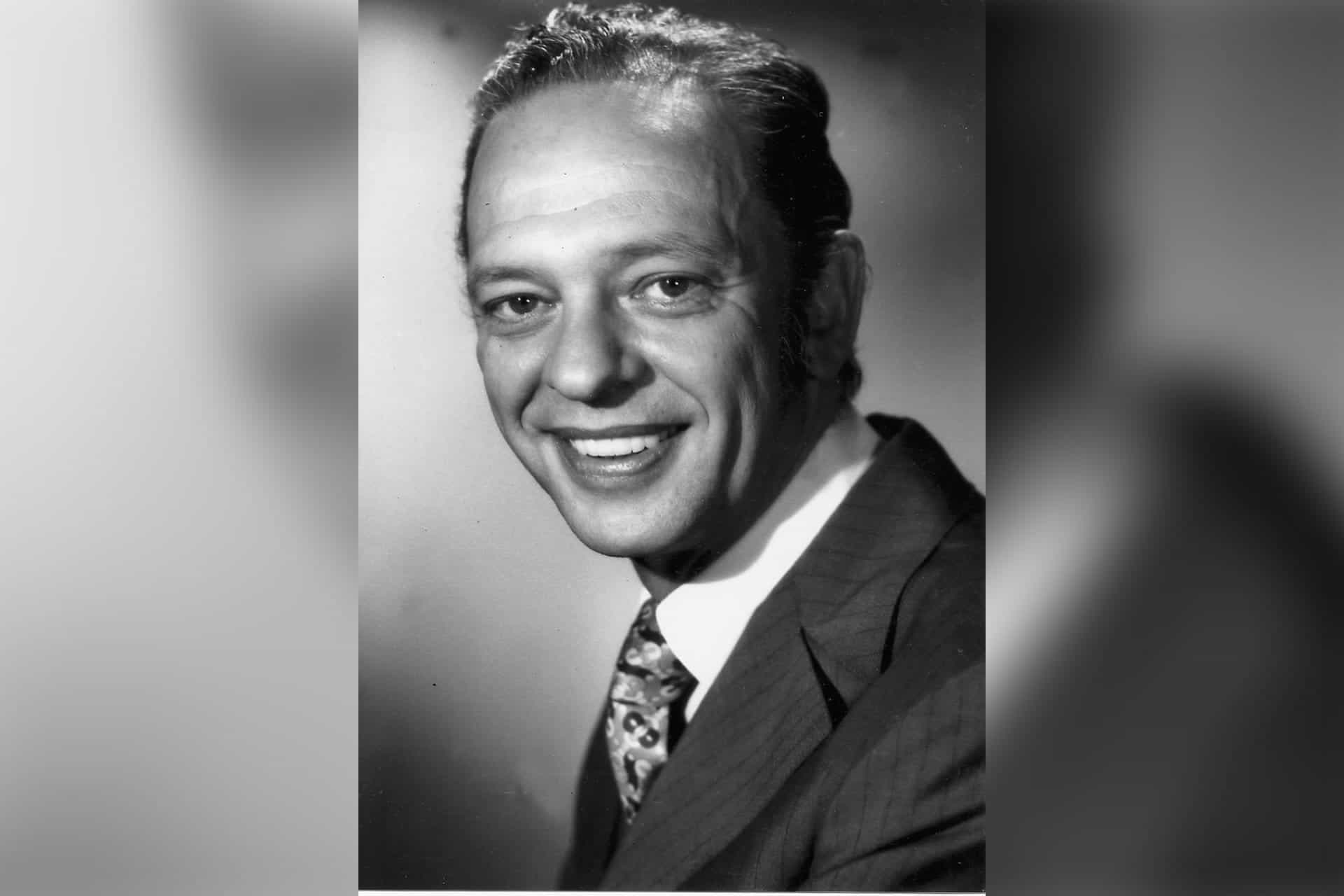BUCKHANNON — This week in West Virginia history marks a series of noteworthy anniversaries that highlight prominent figures and significant events from the state. For more detailed accounts, visit e-WV: The West Virginia Encyclopedia.
July 21, 1924: Comedy icon Don Knotts was born in Morgantown. Renowned for his role as Barney Fife on “The Andy Griffith Show,” Knotts became a beloved figure in television history.
July 22, 1859: John “Jack” Glasscock, a premier 19th-century baseball shortstop known for his bare-handed play, was born in Wheeling.
July 22, 1937: Musician Tommy Thompson was born in St. Albans, Kanawha County. Thompson, a significant figure in old-time music, played for four decades with his group, the Red Clay Ramblers.
July 23, 1863: Isaac Thomas Mann, an influential financier and industrialist, was born in Greenbrier County. Mann served as president of the Bank of Bramwell and the Pocahontas Fuel Company, managing extensive holdings in coal, timber, and financial institutions.
July 23, 1919: Novelist Davis Grubb was born in Moundsville. Grubb achieved fame with “The Night of the Hunter” (1953), a novel that was adapted into a classic film in 1955 and later for television in 1991.
July 24, 1823: Arthur Boreman, West Virginia’s first governor, was born in Waynesburg, Pennsylvania, and moved to Middlebourne, Tyler County, as an infant.
July 24, 1919: Sam Taylor from Mercer County became the state’s first State Police trooper. Taylor was instrumental in tracking moonshiners and bootleggers and establishing new state police detachments.
July 24, 1929: Cornelius Charlton, born in East Gulf, Raleigh County, was posthumously awarded the Medal of Honor after being killed in the Korean War.
July 24, 1942: Actor Chris Sarandon was born in Beckley. Sarandon’s varied career includes roles in “The Nightmare Before Christmas,” “The Princess Bride,” and an Oscar-nominated performance in “Dog Day Afternoon.”
July 24, 1983: Glen Dale native and Kansas City Royals player George Brett was at the center of the infamous “Pine-Tar Bat Incident,” where umpires ruled his bat contained too much pine tar, nullifying his game-winning home run and causing a brawl.
July 25, 1864: Eight Catholic nuns began their journey from Washington, D.C., and Frederick, Maryland, to establish a monastery in Parkersburg. They formed DeSales Heights and operated a boarding school for young women for 75 years.
July 26, 1942: Camp Washington-Carver, the nation’s first statewide 4-H camp for African Americans, opened to the public in Clifftop, Fayette County. The camp’s Great Chestnut Lodge stands as West Virginia’s largest log structure.
July 27, 1896: Prolific fiddler Clark Kessinger, a key figure in West Virginia traditional music, was born near Charleston.
July 27, 1909: Dyke Raese, a coach from Davis, Tucker County, was born. Raese led West Virginia University to its first major sports national championship by winning the 1942 National Invitation Tournament in basketball.
